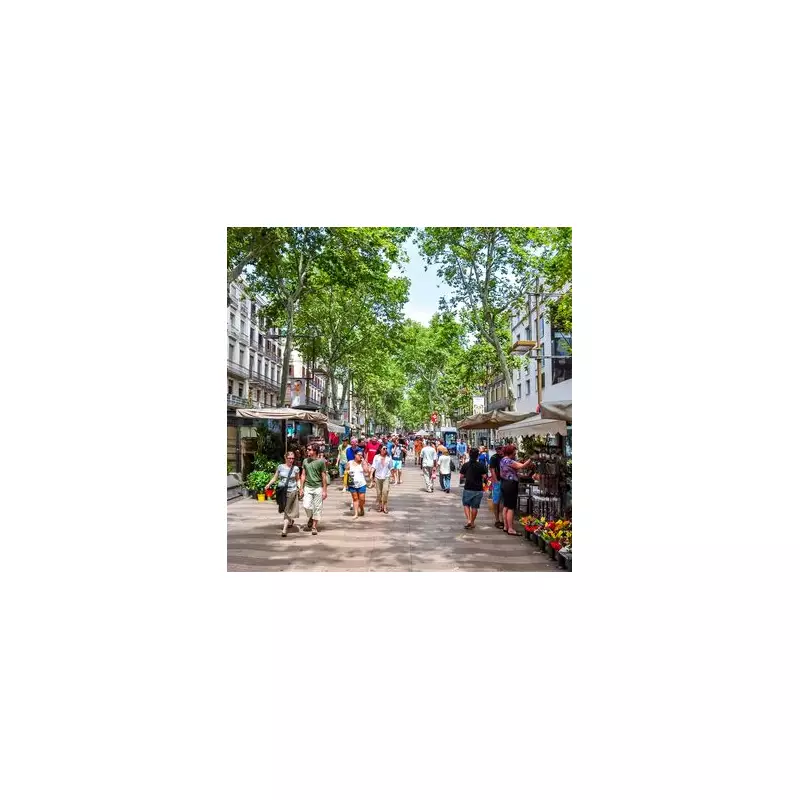
A trip to a bustling foreign market is a staple of any holiday, promising a treasure trove of authentic local crafts. But for one sharp-eyed British tourist in Benidorm, that promise shattered quicker than a cheap porcelain figurine.
The Discovery That Sparked Outrage
The woman was browsing the stalls of a popular market, likely expecting to find hand-painted Spanish ceramics or artisan leather goods. Instead, her eagle eye landed on a familiar, and disappointing, phrase stamped on the bottom of numerous ornaments: "Made in China."
Far from being one-of-a-kind Spanish souvenirs, the items were identical mass-produced imports that could be found anywhere in the world. The revelation, shared online, has resonated with countless other Brits who feel similarly duped.
A Common Tourist Trap?
The incident has sparked a broader conversation about the authenticity of the tourist experience in major European resorts. Many holidaymakers have taken to social media to share their own anecdotes of discovering that their "authentic" purchases have distant, industrial origins.
This raises a significant question for travellers: In the age of globalisation, how can you be sure you're buying a genuine local product?
Tips for Savvy Souvenir Shopping
- Scrutinise the labels: Always check for a country-of-origin mark.
- Buy from specialist artisans: Seek out smaller shops or craft fairs away from the main tourist drag.
- Ask the vendor: A genuine artisan will be proud to discuss their craft and materials.
- If the price seems too good to be true: It probably is. Authentic, handmade goods have a higher value.
While a bargain is always welcome, this story serves as a reminder that the true value of a souvenir often lies in its story and origin, not just its price tag.





